Fasting | Νηστεία (Nēsteia) | Greek Verb
Etymology and Semantic Analysis The term ‘fasting’ in English, with its roots in Old English ‘fæstan’, denotes the act of abstaining from food for a spiritual purpose. Its Greek counterpart, ‘Νηστεία’ (Nēsteia), carries a similar meaning. In the New Testament, ‘fasting’ is predominantly associated with a religious act of abstaining from food to focus on […]
Capernaum | Ancient Town and Central Stage in Jesus’ Ministry

Nestled on the northern shore of the Sea of Galilee, Capernaum, an ancient town of profound historical significance, served as a pivotal locale in the early years of Christianity. This town, vibrant during the first century, witnessed the transformative teachings and miraculous works of Jesus Christ. The town’s rich history, archaeological findings, and scriptural mentions […]
Fables | μῦθος (Greek) | Noun
Definition The English word “fables” refers to stories that are not based in fact, often used to teach a moral lesson. In a biblical context, these are tales or myths that may lead people away from the truth of the scripture. Various Translations In the King James Version (KJV), “fables” is the word of choice, […]
Quirinius | (Greek: Κυρήνιος) | Name
Definition Quirinius, a Roman name, refers to Publius Sulpicius Quirinius, a historical figure mentioned in the New Testament, specifically in the Gospel of Luke. He is noted for his role as a Roman governor who conducted a census during the time of Jesus’ birth. Various Translations In the King James Version of the Bible, the […]
Silas, Saint | Early Christian Leader and Companion of Paul
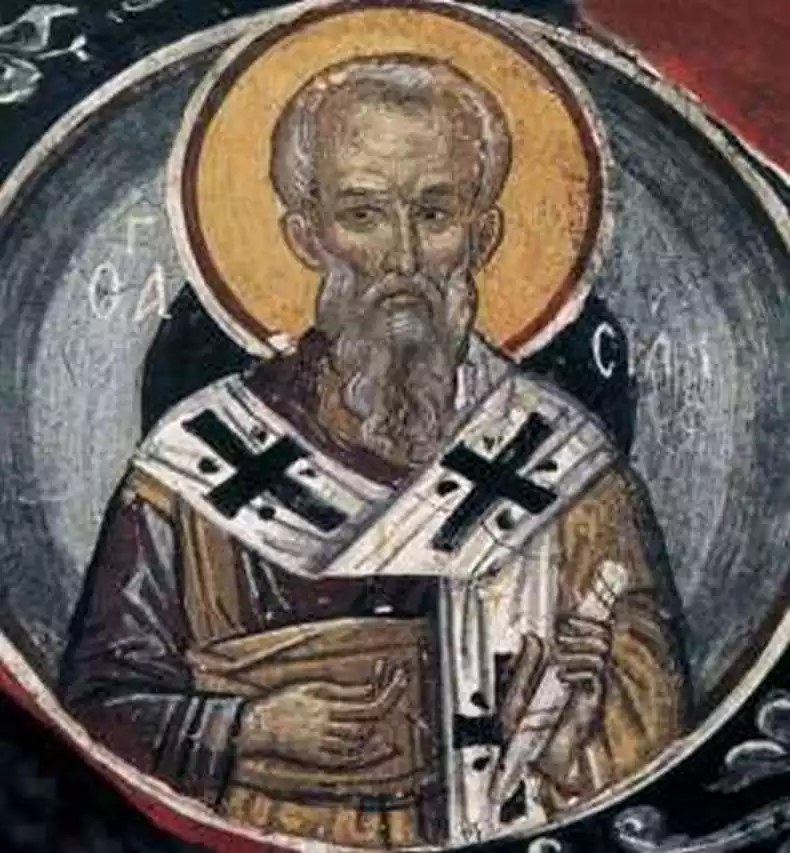
Saint Silas, a prominent figure in the early Christian community, is best known for his association with Paul the Apostle. Although the exact dates of his birth and death are not definitively recorded in historical texts, Silas’s contributions to early Christianity are well-documented through the New Testament, particularly in the Acts of the Apostles and […]
Corinth | Ancient City’s Integral Role in Early Christianity

Corinth, an ancient city-state on the isthmus connecting Peloponnese to mainland Greece, boasts a rich tapestry of cultural and historical significance, particularly in the context of early Christianity. This city, flourishing in antiquity, served as a pivotal hub for commercial, social, and religious interactions, laying a vital foundation for the spread of Christianity in the […]
Thaddaeus, Saint Apostle
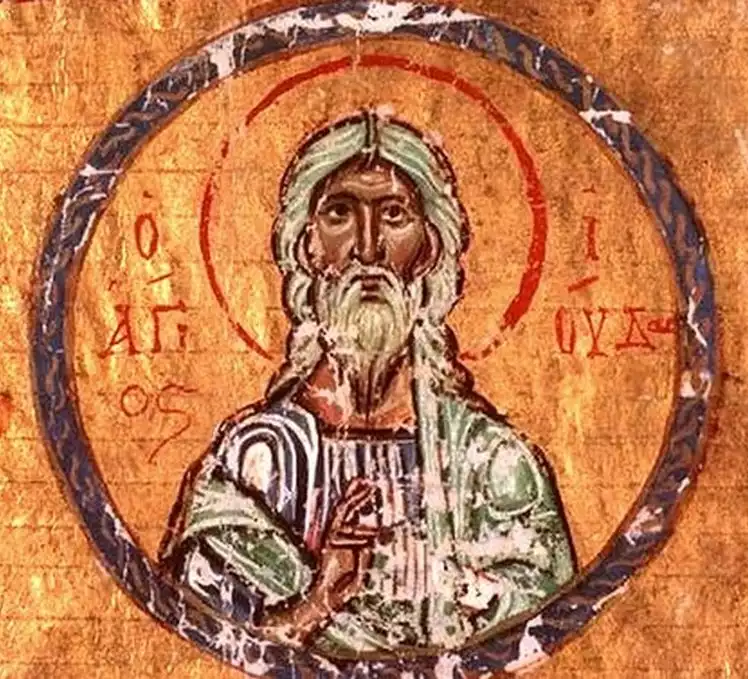
Saint Thaddaeus, one of the twelve apostles, holds a unique place in the tapestry of early Christian history. Despite the scarcity of detailed records about his life, including the specifics of his birth and death, Thaddaeus’ role as one of Jesus Christ’s chosen disciples underscores his integral contribution to the spread and establishment of Christian […]
Thomas, Saint Apostle | Intriguing Figure of Early Christianity
Thomas Apostle, also known as Didymus, remains an enigmatic yet pivotal figure in early Christian theology and history. His life, woven into the fabric of Christian narrative, spans the first century A.D., though precise dates of birth and death remain elusive. Thomas is best remembered for his skepticism upon hearing of Jesus Christ’s resurrection, a […]
Revelation, Book of | A Comprehensive Examination
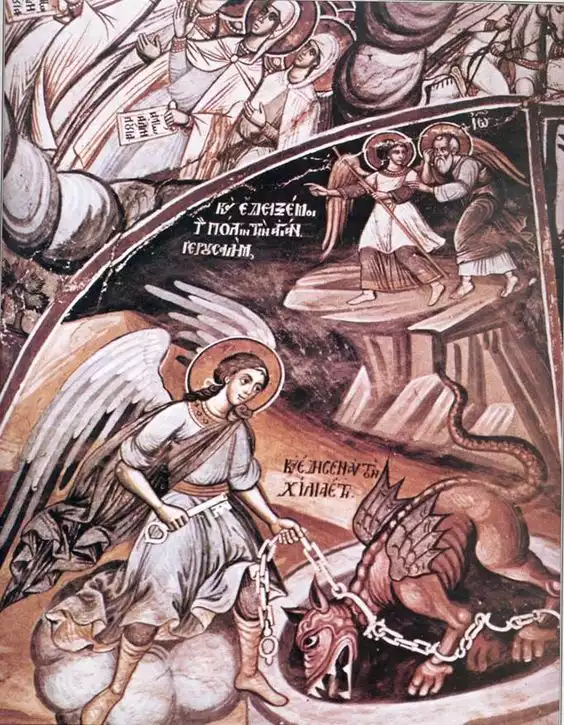
The Book of Revelation, often referred to simply as Revelation or the Apocalypse, is the final book of the New Testament and consequently the Christian Bible. Its authorship is traditionally ascribed to John of Patmos, an island in the Aegean Sea, around 95 AD, although precise dates of composition remain debated among scholars. Notably, Revelation […]
Acts of the Apostles | Analysis and Historical Context
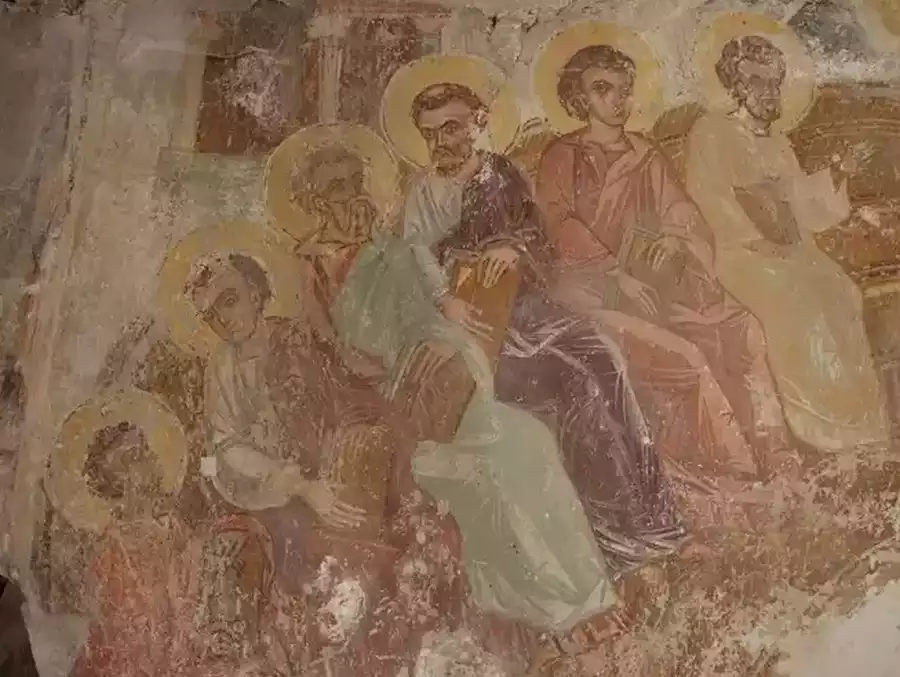
The Acts of the Apostles, often simply referred to as Acts, stands as a pivotal New Testament book chronicling the early Christian church’s development. Authored traditionally by Luke the Evangelist, it is a sequel to the Gospel of Luke, forming a cohesive narrative known as ‘Luke-Acts’. This work, written in Koine Greek, primarily depicts the […]
Gospel of Luke | Exploration and Interpretation
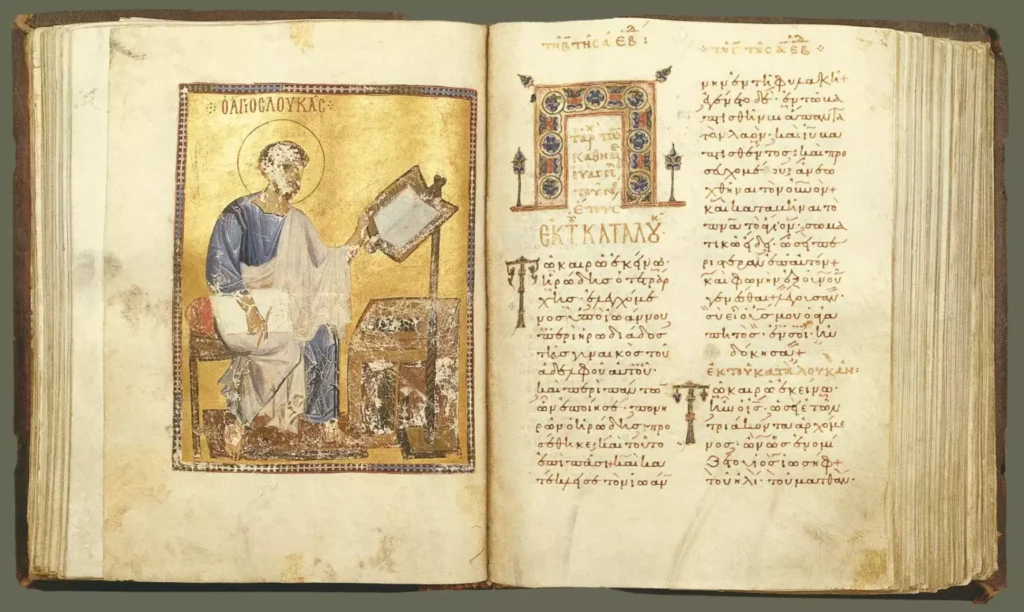
The Gospel of Luke, traditionally credited to Luke the Evangelist, stands as a pivotal text in the Christian New Testament. Its precise date of composition is debated, with estimates typically ranging from AD 60 to 110. Unlike other synoptic gospels, Luke offers a unique perspective on the life and teachings of Jesus Christ. The author’s […]
Gospel of Mark | A Comprehensive Analysis
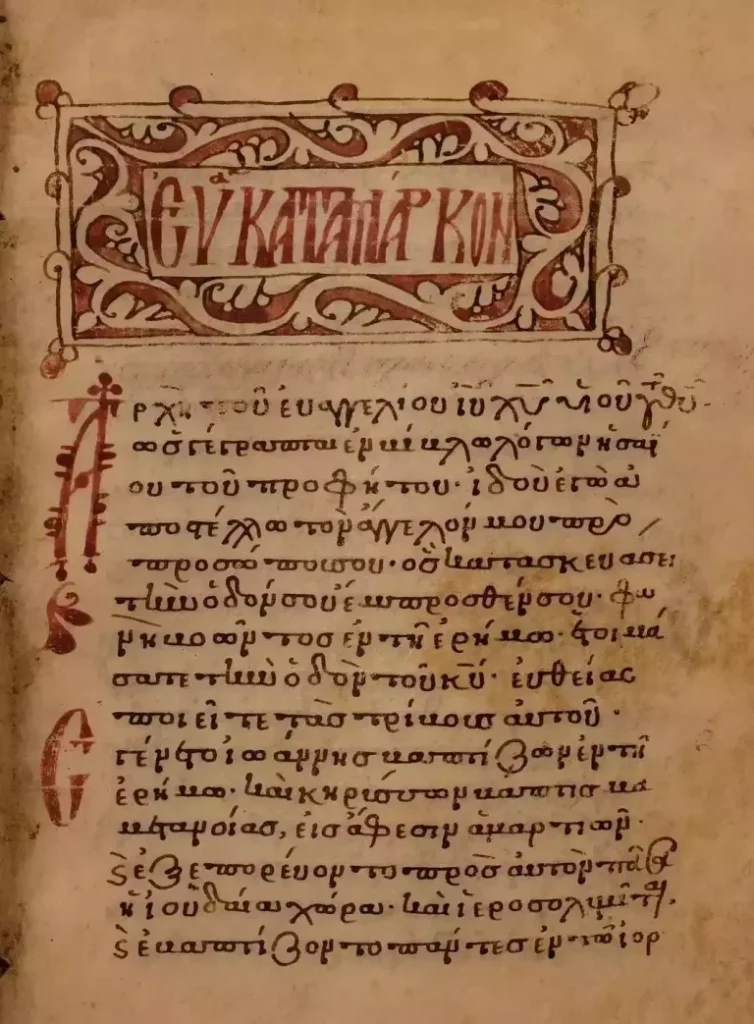
The Gospel of Mark, believed to be the earliest of the four canonical gospels, presents a vivid and concise account of Jesus Christ’s ministry. Though its exact date of composition remains debated among scholars, most estimates place it between AD 65 and 75. Unlike other gospels, Mark’s narrative is notably more action-oriented, emphasizing deeds over […]
Gospel of Matthew | Historical and Theological Analysis
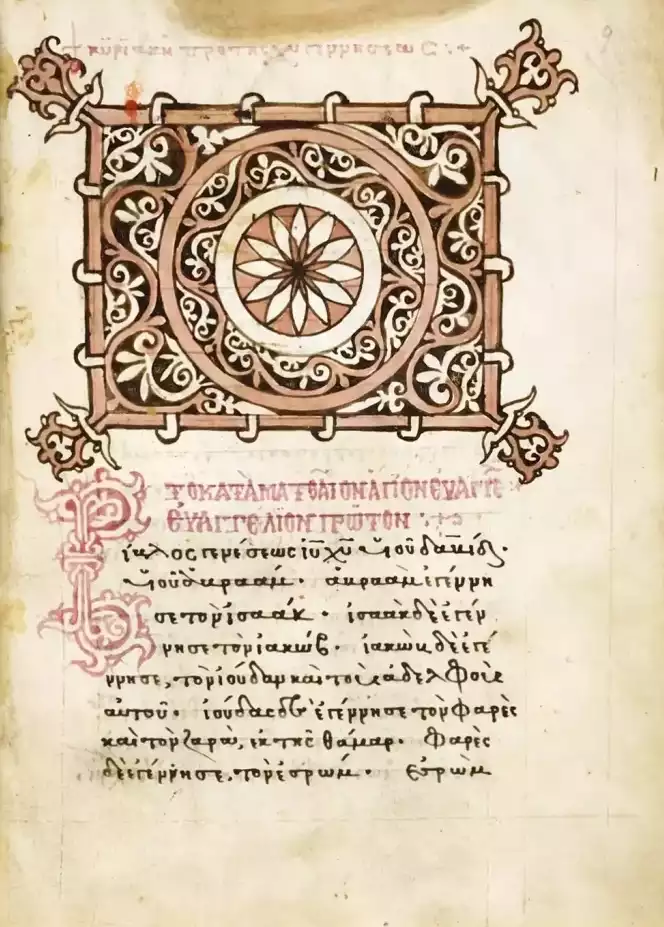
The Gospel of Matthew, a cornerstone of Christian scripture, is traditionally attributed to Matthew the Apostle, a former tax collector turned disciple of Jesus Christ. While the precise dates of its composition remain debated, scholars generally agree that it was written between 80 and 90 AD. Unlike other synoptic gospels, Matthew uniquely intertwines Jesus’ teachings […]
Gospel of John | Its Themes and Authorship
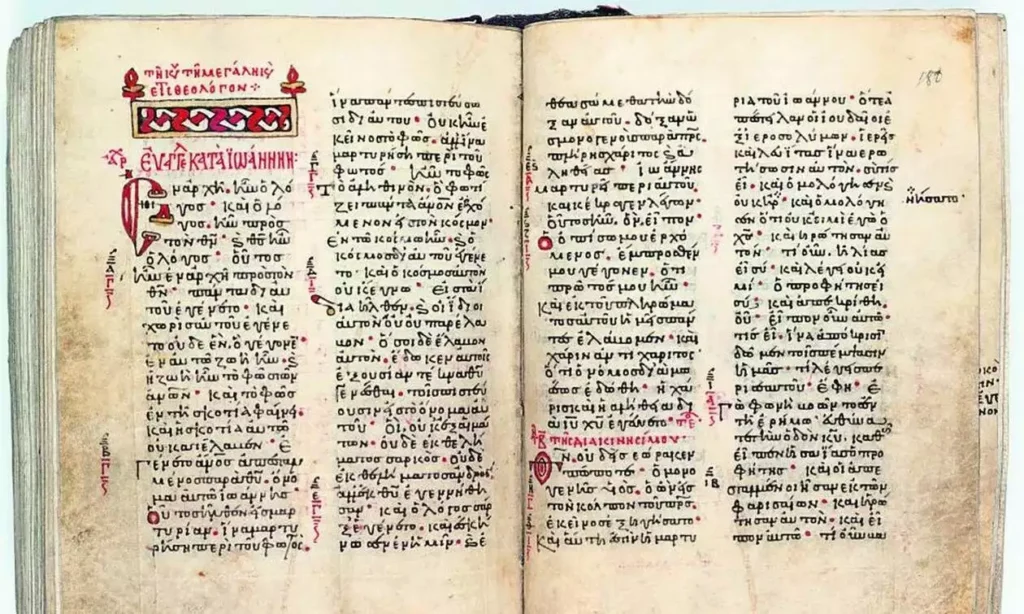
The Gospel of John, revered as a cornerstone of Christian theology, stands distinct among the four canonical Gospels in the New Testament. Its authorship, traditionally attributed to John the Apostle, remains a subject of scholarly debate. Unlike its synoptic counterparts – Matthew, Mark, and Luke – John’s Gospel delves deeply into theological concepts, emphasizing the […]
New Testament | Historical and Theological Significance

The New Testament, forming the cornerstone of Christian theology, is a revered collection of texts that meticulously chronicle the life, teachings, death, and resurrection of Jesus Christ. Beyond these historical accounts, it also includes profound writings that thoughtfully elaborate on Christian doctrine and the formation of the early Church. Comprising 27 books, the New Testament […]
Bible | Its Origins and Impact
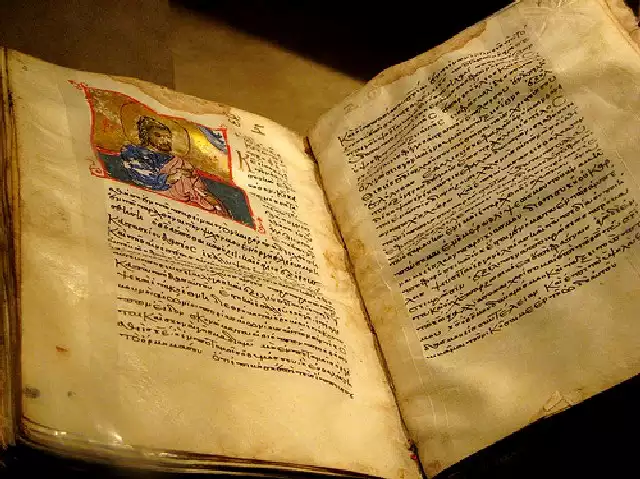
The Bible stands as a cornerstone of religious and cultural history, encompassing a collection of texts revered in Christianity and Judaism. Etymologically, the term ‘Bible’ originates from the Greek ‘ta biblia’, meaning ‘the books’, signifying its nature as a compilation of various writings. Historically, the Bible’s formation spans centuries, with its earliest portions dating back […]
John the Theologian, Saint | Evangelist
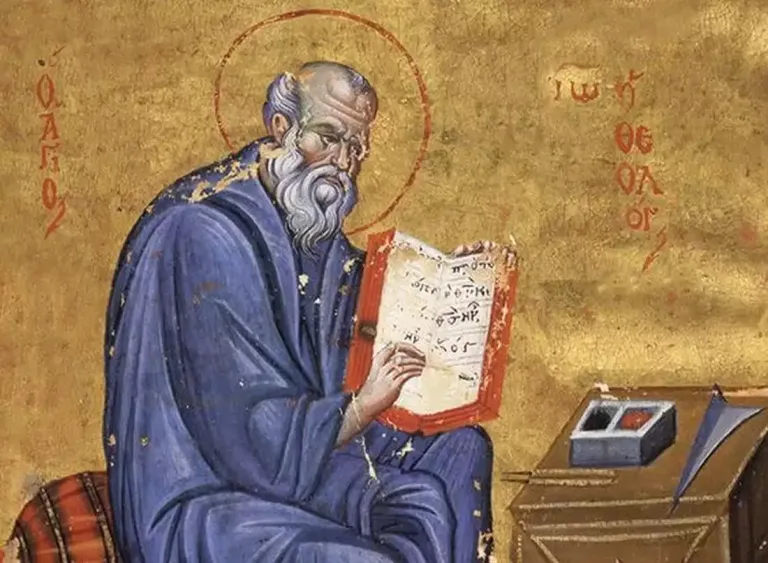
Saint John the Evangelist, traditionally believed to be the author of the Gospel of John, was a prominent figure in early Christianity. His life, spanning from around AD 6 to 100, marks a significant era in Christian history. A disciple of Jesus Christ, John’s contributions extend beyond the authorship of the Gospel; he is also […]
Matthew, Saint | Evangelist

Saint Matthew, born Levi, was a first-century tax collector who became an apostle of Jesus Christ. He is traditionally credited with authoring the Gospel of Matthew, a key text in the Christian New Testament. Although the exact dates of his birth and death are uncertain, his transformative journey from a tax collector to a revered […]
Luke, Saint | Evangelist
Saint Luke, renowned as the author of the Gospel of Luke and the Acts of the Apostles, holds a pivotal position in early Christian literature. His exact birth and death dates remain uncertain, but his works are widely recognized as key texts in the New Testament. Luke’s Gospel uniquely highlights Christ’s compassion, while the Acts […]
Paul the Apostle
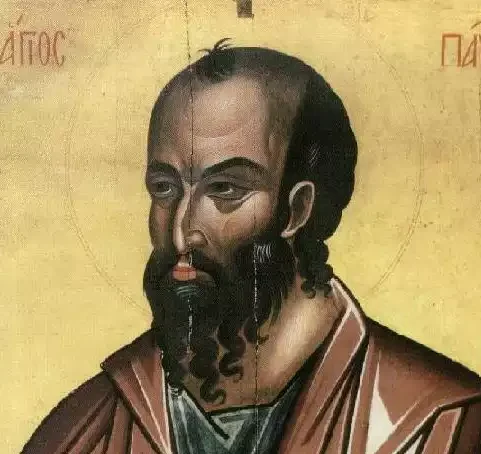
Paul the Apostle, originally known as Saul of Tarsus, was a pivotal figure in early Christianity, profoundly influencing its spread beyond the Jewish communities to a broader audience. Born around 5 AD and passing away approximately in 67 AD, Paul’s life and teachings significantly contributed to the development and dissemination of Christian doctrine, particularly among […]
Twelve Apostles | An Insight into Early Christian Figures
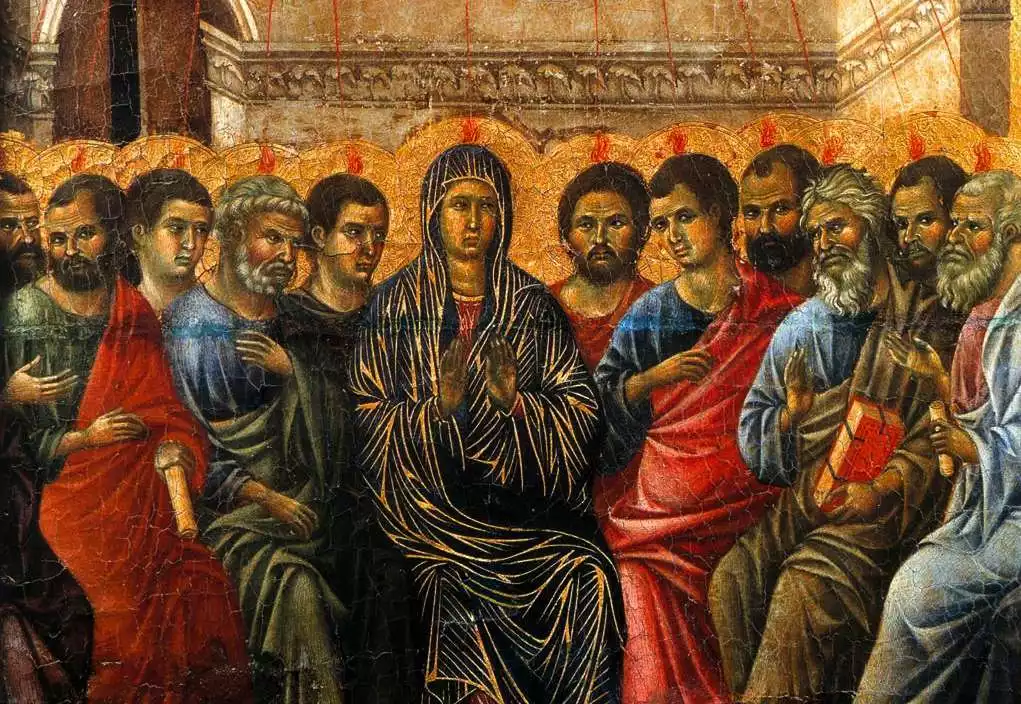
The Twelve Apostles, a group integral to the foundations of Christianity, comprised Peter, James, John, Andrew, Philip, Bartholomew, Matthew, Thomas, James son of Alphaeus, Thaddaeus, Simon the Zealot, and Judas Iscariot. These individuals, chosen by Jesus Christ during His earthly ministry, played pivotal roles in the spread of early Christian teachings. Their lives, extending from […]
Lydia, Saint | The Christian Convert
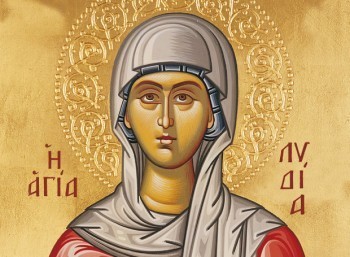
Lydia, a figure prominently featured in the New Testament, was a seller of purple cloth in Philippi, an ancient Greek city. Her life, though scant in detail, provides a significant example of early Christian conversion and the role of women in the nascent church. Lydia’s story is mainly recounted in the Acts of the Apostles […]
Nicodemus, Saint | Disciple of Jesus
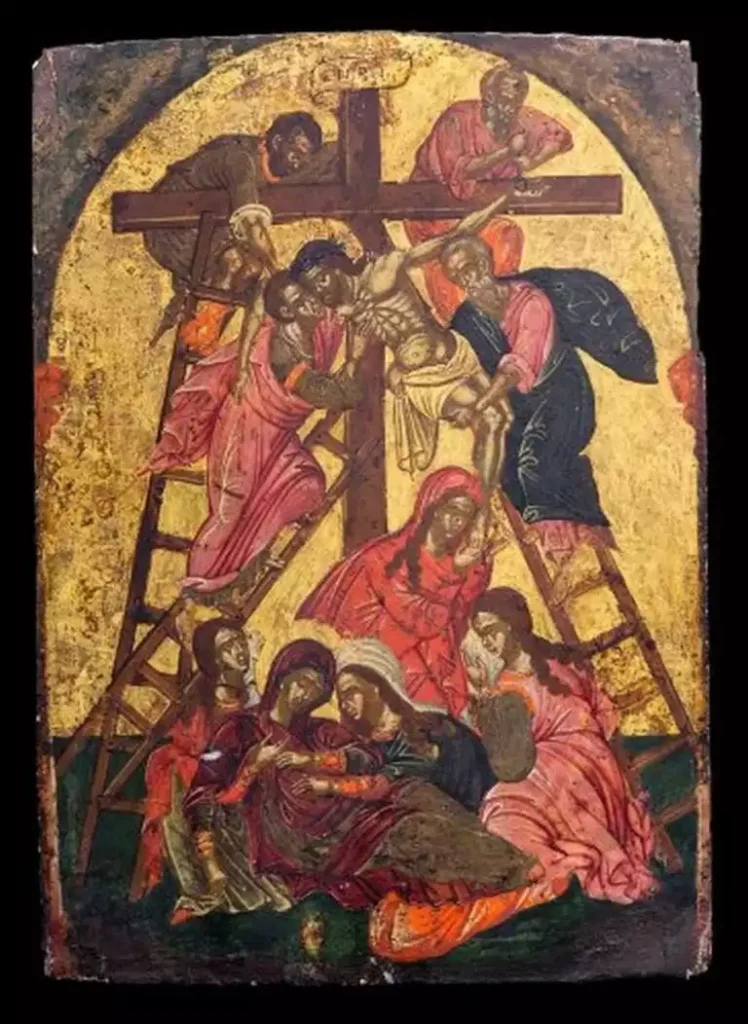
Saint Nicodemus, a distinguished Pharisee and member of the Jewish ruling council, the Sanhedrin, emerges in the New Testament as a figure of significant importance, particularly in the Gospel of John. His interactions with Jesus Christ offer profound insights into early Christian theology and the nature of spiritual rebirth. The exact dates of his birth […]
Jesus Christ | The Lord

Jesus Christ, historically believed to have been born between 6 and 4 BC and crucified around AD 30-33, stands as the pivotal figure in Christianity. Revered by Christians as the incarnate Son of God, His teachings and life have profoundly influenced human history and culture. Jesus’ message, rooted in love, forgiveness, and redemption, has been […]
Zacchaeus | Biblical Tax Collector
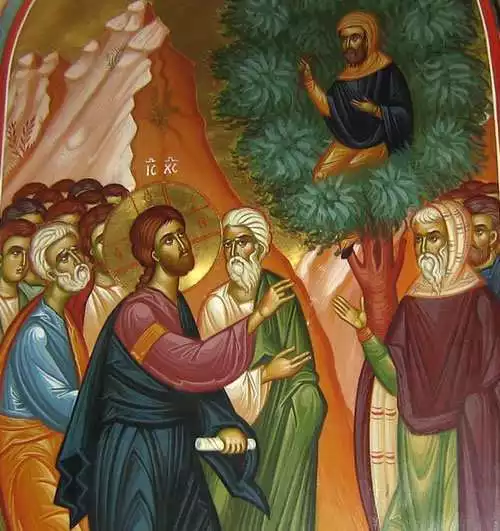
Zacchaeus, a tax collector in Jericho during the time of Jesus Christ, is a notable figure in the New Testament. While the exact dates of his birth and death remain unknown, his encounter with Jesus, as recounted in the Gospel of Luke (Luke 19:1-10), provides significant insights into themes of repentance and redemption. Zacchaeus, a […]
